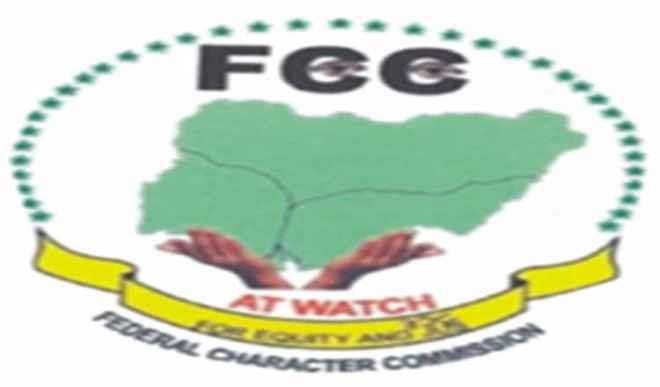The Executive Chairman of Federal Character Commission (FCC), Barr. Abayomi Sheba, has said the commission will ensure gender equity in all recruitments and appointments in the country.
Barr. Sheba disclosed this during a workshop on Wednesday in Abuja with the theme: “Attaining Gender Inclusion in Federal Character Commission and other MDAs” organised by the commission.
Sheba, who was represented by the Secretary to Commission, Mohammed Bello Tukur, said, “The Federal Character Commission is one of the key institutions of government that is charged with the responsibility of main streaming gender with its principle aimed at ensuring fairness and equity.”
He added: “The present administration which has been re-elected is doing so much to ensure equity and fairness in the distribution of socio-economic amenities and infrastructural facilities, thereby reducing fear of deprivation and marginalisation in the country.
“As we are aware, gender inequality in accessing socio-economic and political opportunities among others has remained key policy problem in Nigeria.”
He urges the women to set guidelines that will integrate affirmative action on women’s representation within the Federal, States civil services, Armed Forces, Nigeria Police Force, other security agencies, also women in political appointments at national and state levels.
According to him, the long term goal of the National Gender Policy (NGP) is to reduce inequalities in the opportunities and outcome of social, economic, political, cultural and legal development for both men and women.
In his address, the Director, Socio-economic and Infrastructure Department, FCC, Mr. Dipo Akinsola explained that the workshop is to address gender unit approaches to engage, reform and learn in order to enhance the capacity building for staff to enable their operational effectiveness and efficiency.
The facilitator of the workshop, Ms Safiya Adamu, in her presentation said: “Growth cannot be properly measured where the contribution of the population of women is down played or overlooked; such domestic women not accounted for disparity in access to education, cultural examples such as the girl-child education, early marriage, subtle and obvious hostility from male colleagues in the offices.
“Equity between women and men, the girl and boy child provides foundation for empowerment.”

 Join Daily Trust WhatsApp Community For Quick Access To News and Happenings Around You.
Join Daily Trust WhatsApp Community For Quick Access To News and Happenings Around You.


